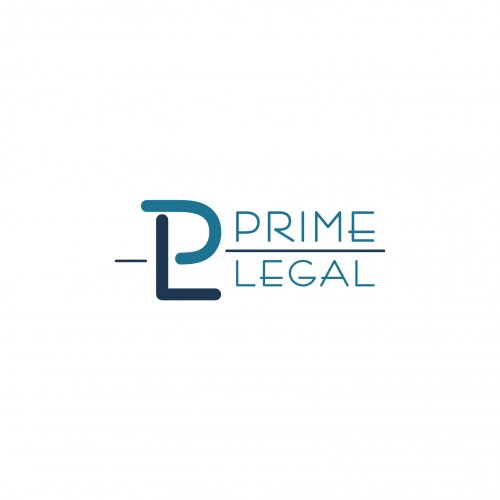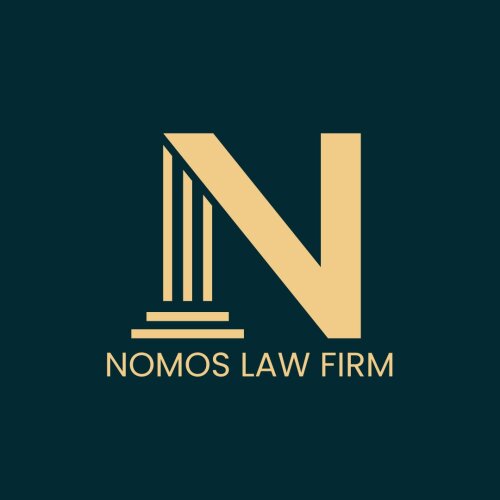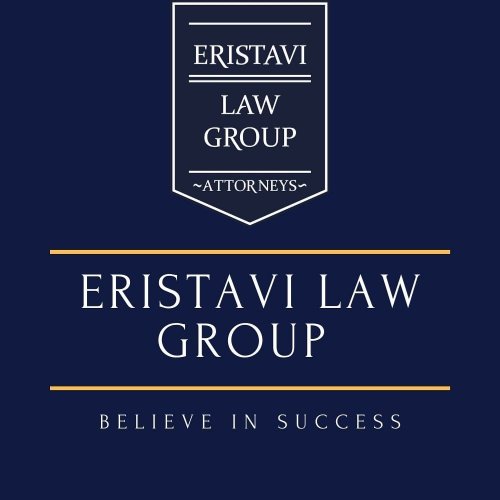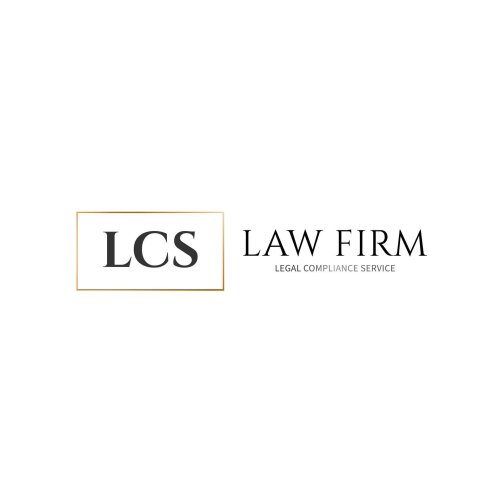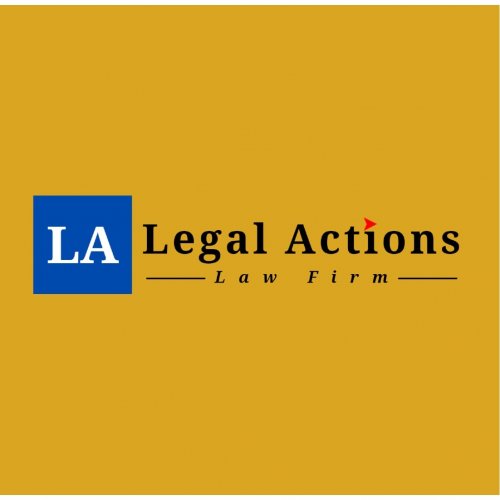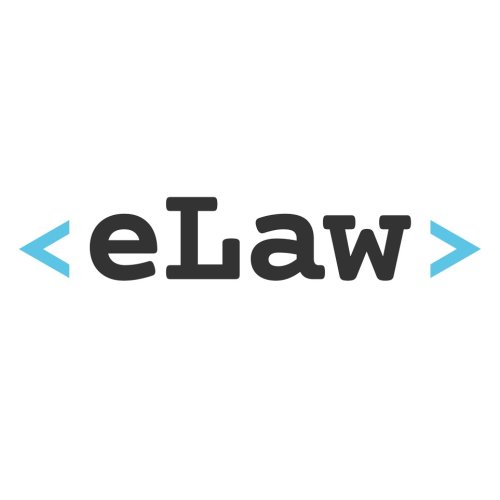Best Corporate & Commercial Lawyers in Tbilisi
Share your needs with us, get contacted by law firms.
Free. Takes 2 min.
List of the best lawyers in Tbilisi, Georgia
About Corporate & Commercial Law in Tbilisi, Georgia
Corporate and commercial law in Tbilisi, Georgia is a dynamic and rapidly developing field. Over the past decade, Georgia has undertaken significant reforms to make its legal environment more transparent and friendly to both local entrepreneurs and international investors. Companies in Tbilisi operate within a legal framework that covers business formation, governance, contracts, mergers and acquisitions, insolvency, taxation, intellectual property, and dispute resolution. The laws are principally guided by the Civil Code of Georgia, the Law of Georgia on Entrepreneurs, and other regulations issued by governmental authorities. Tbilisi, as the economic heart of the country, hosts a vibrant and diverse commercial landscape where both startups and established international corporations thrive.
Why You May Need a Lawyer
Engaging a lawyer specializing in corporate and commercial law can be essential for various reasons. Common situations include starting a new business, managing corporate governance matters, drafting or reviewing contracts, negotiating business deals, resolving shareholder disputes, ensuring compliance with local regulations, handling mergers or acquisitions, protecting intellectual property, and dealing with employment law matters. Given the complexities of Georgian law and its ongoing evolution, professional legal guidance helps mitigate risks, protect assets, and facilitate business objectives effectively in Tbilisi.
Local Laws Overview
Key aspects of corporate and commercial law in Tbilisi include the straightforward business registration process, minimum share capital requirements only for certain company types, and flexibility in company structures. The Law of Georgia on Entrepreneurs governs different types of legal entities, such as Limited Liability Companies (LLC), Joint Stock Companies (JSC), and partnerships. The Civil Code outlines contractual relationships, while tax laws administrated by the Revenue Service regulate corporate taxation. The government has implemented anti-corruption measures and simplified procedures to attract foreign investors. Nonetheless, areas such as licensing, employment, and property require careful due diligence. Commercial controversies can be addressed through litigation or increasingly popular alternative dispute resolution methods like arbitration.
Frequently Asked Questions
What types of companies can be registered in Tbilisi, Georgia?
The most common types include Limited Liability Companies (LLC), Joint Stock Companies (JSC), General Partnerships, Limited Partnerships, and branches or representative offices of foreign companies.
Can foreigners own and operate businesses in Tbilisi?
Yes, Georgian law allows foreigners to fully own and operate businesses. There are no restrictions on foreign ownership for most sectors except for certain regulated industries.
What is required to register a business in Tbilisi?
Business registration typically involves preparing company documents, registering with the National Agency of Public Registry, opening a bank account, and, if needed, securing relevant licenses or permits.
What are the main corporate governance requirements?
Companies must comply with statutory rules regarding shareholder meetings, reporting, and corporate decision-making processes. LLCs and JSCs must maintain certain registers and meet annual reporting requirements.
How are commercial contracts enforced in Georgia?
Contracts are generally enforced through the courts or, if stipulated, via arbitration. Georgia is a party to the New York Convention, making foreign arbitral awards enforceable.
Are mergers and acquisitions regulated?
Mergers and acquisitions follow procedures outlined in the Law of Georgia on Entrepreneurs and may require antimonopoly clearance for large transactions impacting market competition.
What is the corporate tax rate in Georgia?
Georgia applies a corporate profit tax, generally at 15 percent, with a unique system where tax is due only on distributed profits for most entities.
How can disputes between shareholders be resolved?
Disputes can be resolved through negotiation, mediation, litigation, or arbitration. Well-drafted shareholder agreements help clarify rights and remedies in advance.
Is intellectual property protection available for businesses?
Yes, Georgian law provides protection for trademarks, patents, copyrights, and industrial designs. Registration and enforcement are managed by the National Intellectual Property Center of Georgia (Sakpatenti).
Do I need special licenses to operate a business?
Some sectors, such as banking, insurance, healthcare, and telecommunications, require special licenses or permits. The specifics depend on the nature of the business activity.
Additional Resources
Valuable resources for corporate and commercial matters in Tbilisi include the National Agency of Public Registry (company registration), the Revenue Service of Georgia (tax issues), the National Intellectual Property Center (intellectual property), and the Georgian Bar Association (legal professionals). The Ministry of Economy and Sustainable Development and various chambers of commerce can also assist with guidance and support. Many private law firms in Tbilisi specialize in corporate and commercial legal services.
Next Steps
If you need legal assistance with a corporate or commercial matter in Tbilisi, it is advisable to start by clearly defining your needs, gathering all relevant documents, and researching experienced law firms or legal experts. Schedule an initial consultation to discuss your situation, potential costs, and strategies. Professional legal advice can help you avoid costly mistakes and ensure your business interests are fully protected. For specific support, consider reaching out to recognized local legal practitioners or relevant governmental agencies as a first step.
Lawzana helps you find the best lawyers and law firms in Tbilisi through a curated and pre-screened list of qualified legal professionals. Our platform offers rankings and detailed profiles of attorneys and law firms, allowing you to compare based on practice areas, including Corporate & Commercial, experience, and client feedback.
Each profile includes a description of the firm's areas of practice, client reviews, team members and partners, year of establishment, spoken languages, office locations, contact information, social media presence, and any published articles or resources. Most firms on our platform speak English and are experienced in both local and international legal matters.
Get a quote from top-rated law firms in Tbilisi, Georgia — quickly, securely, and without unnecessary hassle.
Disclaimer:
The information provided on this page is for general informational purposes only and does not constitute legal advice. While we strive to ensure the accuracy and relevance of the content, legal information may change over time, and interpretations of the law can vary. You should always consult with a qualified legal professional for advice specific to your situation.
We disclaim all liability for actions taken or not taken based on the content of this page. If you believe any information is incorrect or outdated, please contact us, and we will review and update it where appropriate.
Browse corporate & commercial law firms by service in Tbilisi, Georgia
Tbilisi, Georgia Attorneys in related practice areas.




